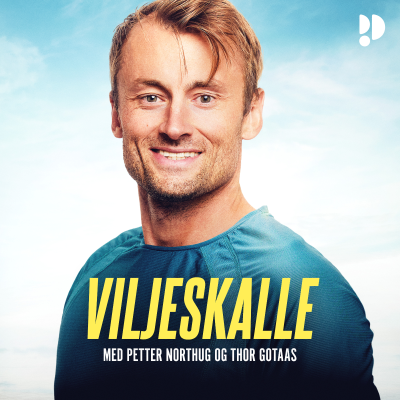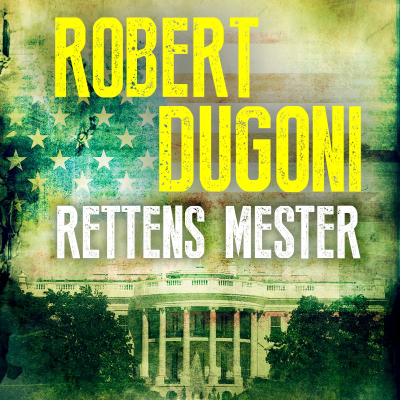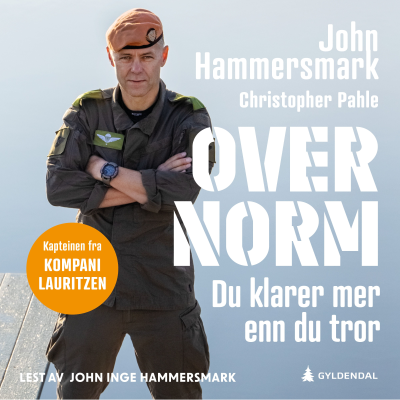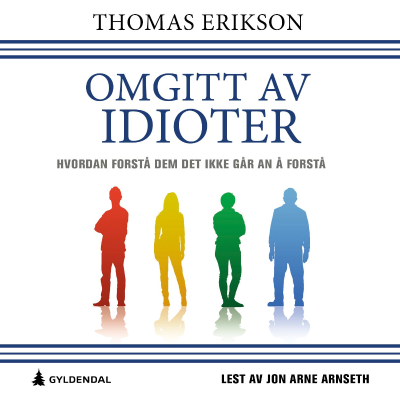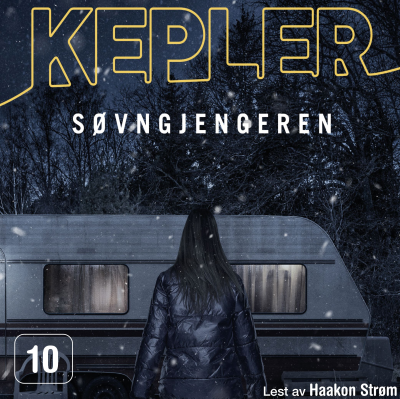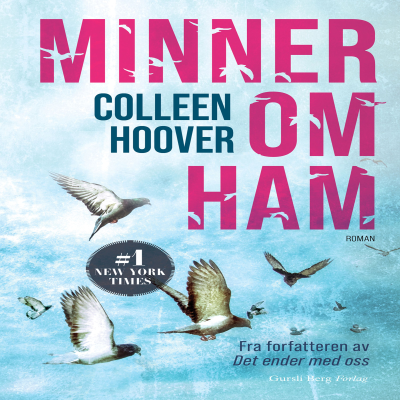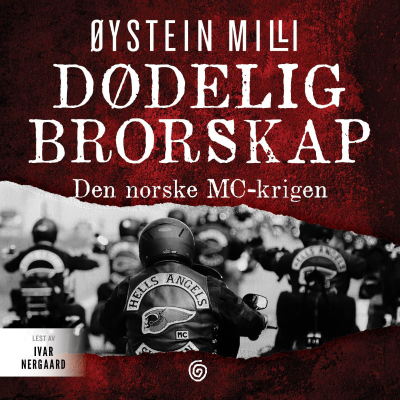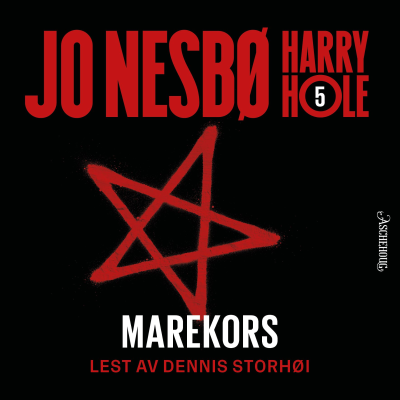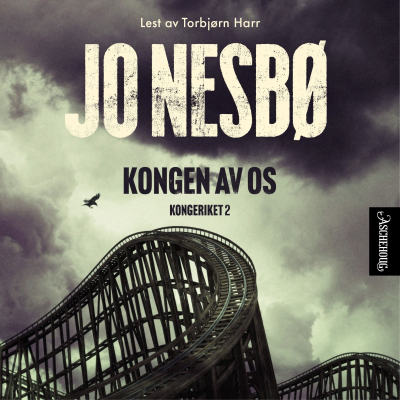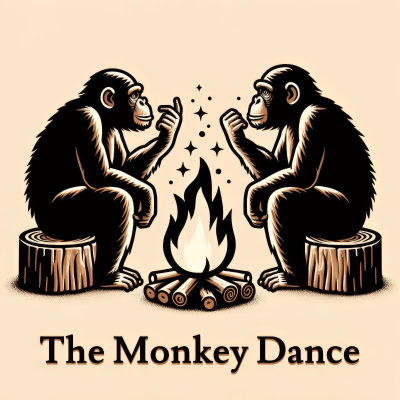
The Monkey Dance
engelsk
Teknologi og vitenskap
Prøv gratis i 14 dager
99 kr / Måned etter prøveperioden.Avslutt når som helst.
- 20 timer lydbøker i måneden
- Eksklusive podkaster
- Gratis podkaster
Les mer The Monkey Dance
Everything society: from science and philosophy to politics and art. Cognitive scientists, philosophers, political scientists, anthropologists, and more sit down to make sense of the world.
Alle episoder
47 Episoder44 | Voting under autocracies
When living under an autocratic regime, should we continue voting or abstain in protest? Zoltan Miklosi [https://people.ceu.edu/zoltan_miklosi] joins the podcast to talk about the political obligations of democrats who live under autocratic regimes. We discuss the consequences both of voting in elections despite the overwhelming odds in favor of the autocrat and of refusing to participate in elections in protest of the regime. We discuss specific cases of autocracies which hold elections around the world, about why they would hold elections in the first place, and what each side has to gain and to lose. We also chat about democracy as an ideal more broadly, and whether one has any obligations to the society or governance structure they live under. Guest: Zoltan Miklosi [https://people.ceu.edu/zoltan_miklosi] More from Zoltan: 1. Political Obligation in Electoral Authoritarianism: The Case of Hungary [https://academic.oup.com/edited-volume/61393/chapter-abstract/533343812?redirectedFrom=fulltext&login=false] 2. Social Equality and Democratic Authority [https://link.springer.com/article/10.1007/s11158-025-09721-2]
43 | What makes a war?
What determines whether a particular event is classified as part of an existing conflict or a random act of violence? Niraj Kushwaha [https://nirajkushwaha.github.io/] joins the podcast to talk about modeling instances of armed conflict using fine grained datasets to better understand the emergence of conflicts and how they might be related. We discuss how conflicts can be categorized into three main types, and the primary variables that allow for their categorization. This takes us to the broader applications of this work, from modeling epidemics to climate change, and how statistical physics can be used to form hypotheses about the likelihood of future events of particular types. Guest: Niraj Kushwaha [https://nirajkushwaha.github.io/] Niraj's latest paper on Data-driven conflict classification [https://royalsocietypublishing.org/rsos/article/12/12/250897/366130/Data-driven-conflict-classification-exposes-weak] The database Niraj mentioned: Armed Conflict & Event Data Project [https://acleddata.com/]
A4 | Does fairness exist?
Can any interaction between two people ever really be fair? In this episode from February 2024, we sit down with Angarika Deb to chat about how to understand fairness, and what it means in relation to equality, equity, and justice. We end up covering a wide range of topics that fairness implicates, from gendered divisions of labor and resource distribution, to political movements and social justice. Guest: Angarika Deb [https://csh.ac.at/angarika-deb/] Visit the Monkey Dance Website for show notes [https://www.monkeydancepod.com/episodes/episode-4]
42 | Who deserves human rights?
Every human has the same fundamental rights. That might sound trivial, but the universal access to human rights is being actively debated in courts around the world as well as in public and political discourse. Lena Riemer [https://legal.ceu.edu/people/lena-riemer] joins the podcast to talk about the legal basis for granting every human being the same fundamental rights, how this applies to cases of migration, and her experiences both as a lawyer and as a legal scholar. We chat about how human rights are being eroded and circumvented by policies, how some governments are actively working to obfuscate violations of human rights law, and the dehumanization of individuals who are forced to migrate from their homes due to some combination of conflict and climate change. As a heads up, this conversation gets emotionally trying at times given the subject matter. You can also watch the episode on our youtube channel [https://www.youtube.com/@themonkeydance/videos] If you want to read more of Lena's work and on the topic in general: 1. Lena's blog post on recent jurisprudence on climate change and human mobility and advancements in front of the Inter-American Court of human Rights: Leading the Way: The IACtHR's Advisory Opinion on Human Rights and Climate Change [https://verfassungsblog.de/leading-the-way/] 2. Lena's blog post on the US expulsion policy: Beyond Borders, Beyond Rights? The U.S. “Staging Expulsion” Policy and the Future of Externalization - Opinio Juris [https://opiniojuris.org/2025/06/05/beyond-borders-beyond-rights-the-u-s-staging-expulsion-policy-and-the-future-of-externalization/] 3. Lena's blog post on Germany's attempts to undermine Asylum protections: Undermining Asylum Protection Through Administrative Shortcuts: Germany’s Proposal to Designate Safe Countries of Origin by Executive Decree [https://verfassungsblog.de/safe-countries-of-origin-by-executive-decree-germany-asylum/]. 4. An article from the ACLU on the state of the US border: The Border Patrol Was Monstrous Under Obama. Imagine How Bad It Is Under Trump. | ACLU [https://www.aclu.org/news/immigrants-rights/border-patrol-was-monstrous-under-obama-imagine] 5. The referenced American Convention on Human Rights [https://www.oas.org/dil/treaties_b-32_american_convention_on_human_rights.pdf]
41 | Gangs providing services
What happens when gangs step in to provide services for communities that governments aren't able or willing to provide? David Cerero Guerra joins the podcast to talk about his ethnographic work chronicling the equilibrium local gangs have reached with the government of Colombia in the city of Medellin. While the primary activity of the gangs is selling illicit drugs which harm the community, they also have managed to ensure the reduction of physical violence and facilitate government services like water and electricity to under served communities. We chat about the historical and political contexts which allowed for the emergence of such a unique unspoken agreement, and how the government communicates with the gangs without any official channels. Guest: David Cerero Guerra [https://sites.google.com/view/davidcereroguerra] You can also watch the episode on youtube [https://www.youtube.com/@themonkeydance]
Velg abonnementet ditt
Premium
20 timer lydbøker
Eksklusive podkaster
Gratis podkaster
Avslutt når som helst
Prøv gratis i 14 dager
Deretter 99 kr / måned
Premium Plus
100 timer lydbøker
Eksklusive podkaster
Gratis podkaster
Avslutt når som helst
Prøv gratis i 14 dager
Deretter 169 kr / måned
Prøv gratis i 14 dager. 99 kr / Måned etter prøveperioden. Avslutt når som helst.










